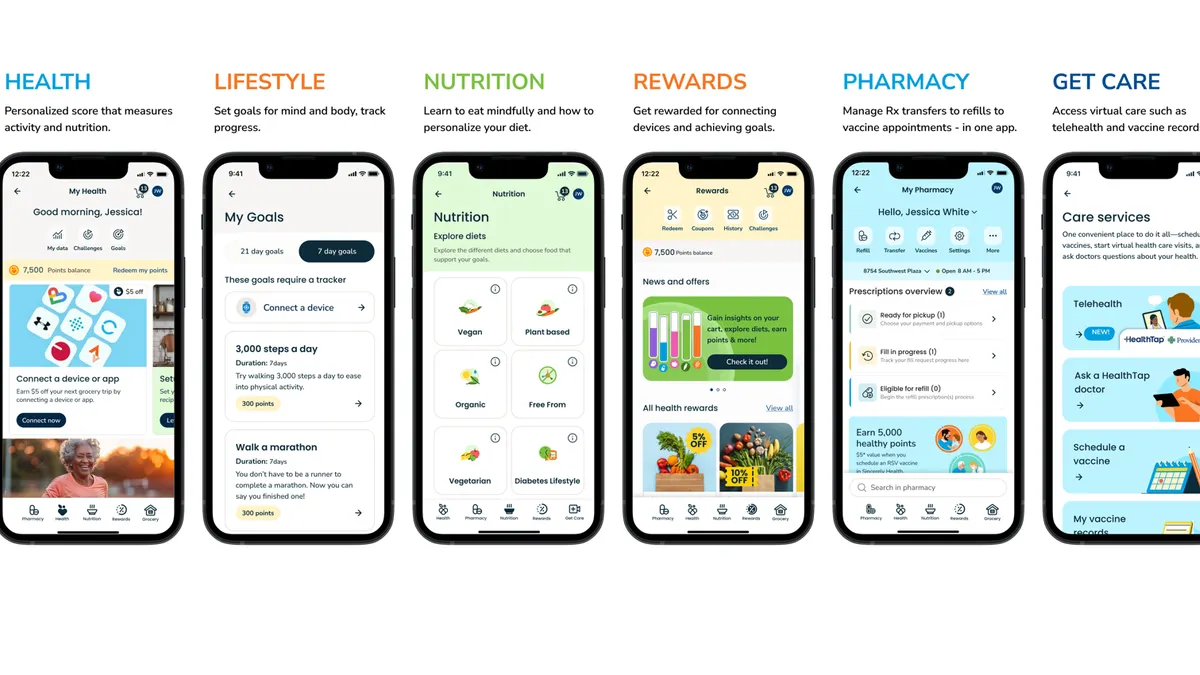AI in Healthcare: Are We Rushing into Flawed Solutions?

The hype surrounding Artificial Intelligence (AI) in healthcare has reached fever pitch. We're told it's going to revolutionise everything from diagnostics to drug discovery. However, a closer look reveals a more nuanced reality: a series of incremental changes, often superficial, rather than the transformative disruption many predict. As a researcher with years of experience in both medicine and AI, I've observed this trend firsthand, and I'm concerned that we're rushing headlong into adopting solutions without fully understanding the inherent risks.
The current 'AI pseudo-revolution' is largely driven by readily available machine learning tools and a desire to appear innovative. Hospitals and healthcare providers, under pressure to improve efficiency and reduce costs, are eager to implement these technologies. But the crucial question is: are we implementing them effectively and responsibly?
One of the biggest challenges is the quality of the data these AI systems are trained on. AI algorithms are only as good as the data they learn from. If the data is biased, incomplete, or inaccurate, the AI will perpetuate and even amplify those flaws. This can lead to misdiagnoses, inappropriate treatment recommendations, and ultimately, harm to patients. We’ve seen examples of facial recognition software struggling to accurately identify people of colour – imagine the implications if this bias were present in an AI system used to diagnose skin cancer.
Furthermore, the 'black box' nature of many AI algorithms makes it difficult to understand how they arrive at their conclusions. This lack of transparency raises serious ethical and accountability concerns. If an AI system makes a mistake, who is responsible? The developer? The clinician? The hospital? Establishing clear lines of responsibility is essential.
Another critical aspect often overlooked is the potential impact on the doctor-patient relationship. While AI can undoubtedly assist clinicians, it shouldn't replace the human element of care. Empathy, compassion, and the ability to build trust are qualities that AI simply cannot replicate. Over-reliance on AI could lead to a dehumanisation of healthcare, eroding the vital connection between doctor and patient.
So, what can be done to ensure that AI is used responsibly in healthcare? Firstly, we need to prioritise data quality and address biases in training datasets. Secondly, we need to demand greater transparency in AI algorithms, so we can understand how they work and identify potential errors. Thirdly, we need to invest in training clinicians to effectively use and interpret AI tools, ensuring they remain in control of the diagnostic and treatment process. Finally, we need to foster a culture of critical evaluation and continuous improvement, constantly assessing the impact of AI on patient outcomes and adapting our strategies accordingly.
The potential benefits of AI in healthcare are undeniable. However, we must proceed with caution, avoiding the temptation to embrace flashy solutions without fully considering the risks. A measured, thoughtful approach, grounded in ethical principles and a commitment to patient well-being, is essential to ensuring that AI truly enhances, rather than diminishes, the quality of healthcare in Australia and beyond.






